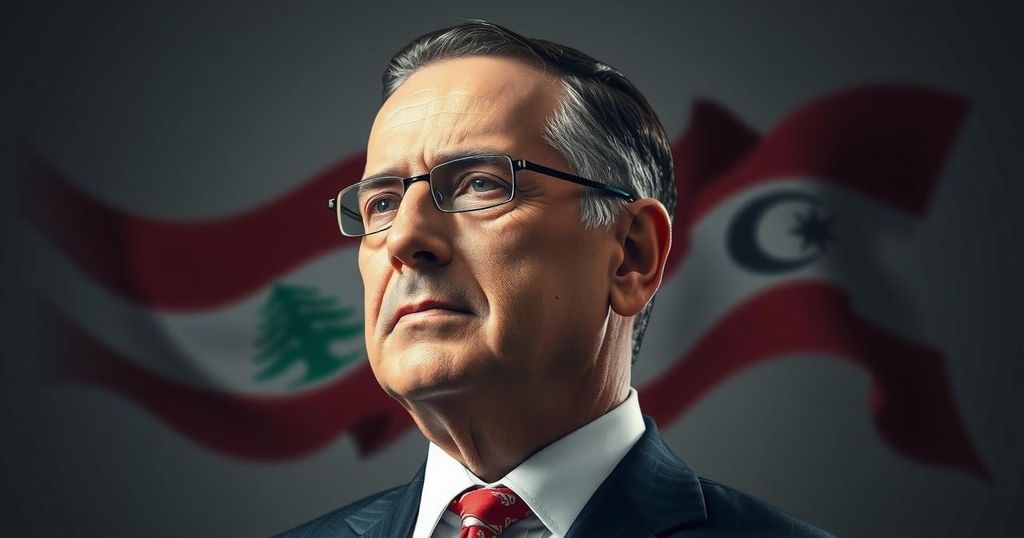Joseph Aoun Elected President: New Hope for Lebanon’s Stability and Recovery

Lebanon has elected Joseph Aoun as president, ending over two years of deadlock. His election is viewed as a hopeful restart for the nation, amidst significant political, economic, and security challenges. Aoun aims to implement essential reforms, strengthen state authority, and foster political stability. International and local support may encourage recovery and stability in Lebanon, contingent upon effective governance and addressing key crises.
Lebanon has recently elected Joseph Aoun as its new president, concluding a two-year political stalemate that has hindered the country’s recovery from prolonged economic and security crises. The parliamentary vote, held on January 9, was met with significant acclaim, with Aoun receiving congratulations from various international leaders, signaling potential diplomatic support. Aoun’s election, amid a ceasefire with Israel, offers a fresh start aimed at facilitating political stability and reconstruction.
In his inaugural address, Aoun emphasized the urgent need for reforms within Lebanon’s political system, including the importance of legal and judicial changes. He expressed his commitment to serve all Lebanese people impartially and proposed immediate parliamentary consultations to establish a cooperative government. Aoun also highlighted his intention to operate as an unbiased mediator between institutions while advocating for the state’s authority over weapons possession.
Prominent figures such as Wafiq Safa, representing Hezbollah, indicated a lack of opposition to Aoun’s presidency, which suggests a slight shift in the political landscape. Observers perceive this endorsement as Hezbollah’s strategy to enhance its political relevance while navigating Lebanon’s deepening economic crisis. Analysts underscore that Aoun’s administration will be tested in its ability to formulate a governing coalition that aligns with the goal of stabilizing Lebanon internally while managing external relations effectively.
Despite the complex sectarian dynamics of Lebanese politics, Aoun’s election has offered a glimmer of hope for substantial change and is viewed as a revival of political life. Key analysts note his administration’s capability to manage both domestic governance and international relations will determine Lebanon’s capacity for recovery and stability. Aoun faces challenges that include ensuring sustainable governance amidst ongoing crises—an essential factor in preventing future escalations in conflict and securing international aid for Lebanon’s rehabilitation.
Lebanon has faced significant political and economic turmoil for years, culminating in a prolonged presidential vacancy following the term of Michel Aoun. The deadlock was characterized by political divisions that left the country’s leadership in limbo, affecting governance and economic management. The recent election of Joseph Aoun, after a phased political process and international encouragement, has raised hopes for a new beginning in Lebanon’s governance. The context of a ceasefire with Israel further complicates but also potentially enhances this transition, as it may create opportunities for stability and reconstruction efforts within the country. Hezbollah’s nuanced support for Aoun signals a change in the internal political landscape, reflecting their need to align with broader stability goals amid an economic crisis.
The election of Joseph Aoun represents a potential turning point for Lebanon, signaling an end to a protracted political vacuum and instilling hope for effective governance and healing from pervasive socio-economic issues. His commitment to reform and stability, alongside the support of various local and international actors, will be critical for Lebanon’s revival. The upcoming formation of a functional government capable of addressing both domestic strife and foreign relations will significantly influence the nation’s trajectory toward recovery and political stability.
Original Source: www.chinadailyhk.com







